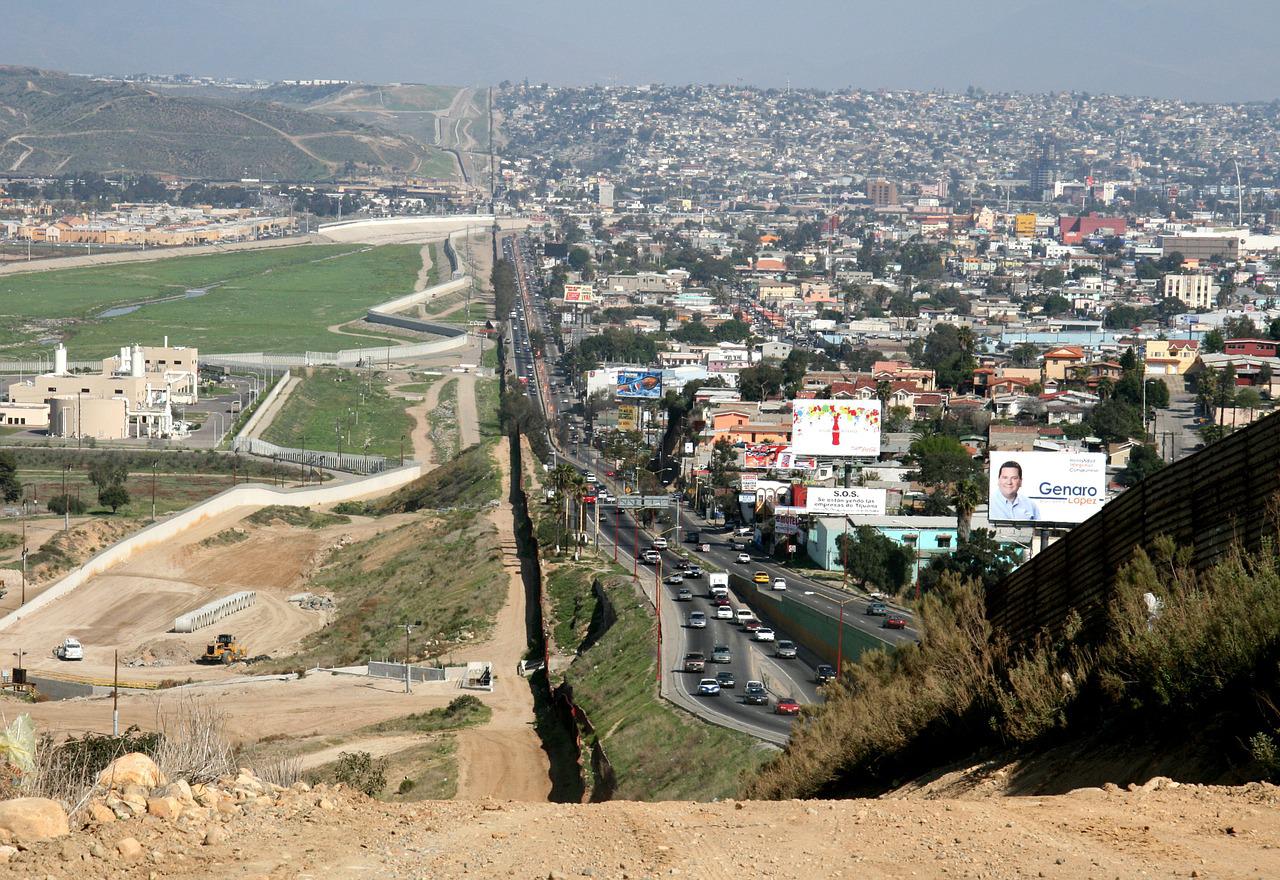
Thousands of migrants from quake hit Haiti set up camps at US-Mexico border

More than 10,000 migrants have set up camp under a Texas bridge. Del Rio, Texas, and Ciudad Acuna, Mexico are connected by this bridge. The majority of them are from Haiti, which was devastated by an earthquake last month. More than 1,400 people were killed and tens of thousands were displaced as a result of the tragedy. The survivors were forced to go to America in the hopes of being accepted into the nation and starting again. Other countries represented include Cuba, Venezuela, and Nicaragua. They all need humanitarian assistance, and the US border patrol is dealing with thousands of asylum applications.
According to Sky News, Del Rio Mayor Bruno Lozano highlighted the migrant surge and sought assistance from the federal government. According to him, there are a number of health problems in the area as a result of the massive influx. The temperature in Texas is about 99 degrees Fahrenheit, and many people utilize the Rio Grande River to cross into Mexico and return. The Biden administration delivered a strong message to migrants about the border shutdown in March.
Migrants are the administration’s newest stumbling block.
The bridge that links Del Rio and Ciudad Acuna has been converted into a migrant settlement. They are lacking in basic necessities such as food and water, and the circumstances are unhealthy. It is the authorities’ most recent problem, as border arrests are on the increase.
According to official government statistics, more over 195,000 migrants were detained at the Mexican border in August. According to Sky News, Border Patrol will increase personnel in Del Rio. That would go a long way toward making the procedure “safe, compassionate, and orderly.” President Joe Biden has reversed several of the immigration policies put in place by former President Donald Trump.
The migrants who have already arrived, as well as Mexican authorities, have said that there are many more on their way. In a single day, over 1000 migrants crossed the English Channel to reach the United Kingdom.
Migrants congregate beneath a bridge at the US-Mexico border, causing a humanitarian catastrophe.
An surge of migrants at the US-Mexico border, according to The, may result in a humanitarian catastrophe.
Donald Trump advocated for the construction of a border wall between the United States and Mexico. He wanted to keep illegal immigrants out, as well as those with ties to crime and criminals. The wall has been placed on hold by Joe Biden. Currently, Texas is home to over 10,000 migrants. The majority of them are from Haiti, which was devastated by an earthquake. They have lost their homes and are hoping for a fresh start in America. They’ve set up a makeshift camp under a US-Mexico border bridge as a stopgap solution. The facility has beyond its capacity, and the US authorities must deal with the influx of migrants at the border.
A truck carrying dead corpses was discovered in Essex in October 2019, with some of the remains being suspected Vietnamese migrants.
The migrant crisis near the border
In July, more over 200,000 migrants were arrested at the US-Mexico border.
This was the highest level in more than two decades, according to the. More than 195,000 migrants were detained at the US-Mexico border last month. These statistics are backed up by government data. The majority are Haitians, with a few Cubans, Venezuelans, and Nicaraguans thrown in for good measure. Drinking water, towels, and portable toilets are being provided by the Border Patrol. The Border Patrol has designated a shaded location under the bridge due to high temperatures and to avoid injuries from heat-related sickness. It currently acts as a temporary staging area for migrants while they wait for procedures to be completed. An unprecedented influx of migrants has arrived at the US-Mexico border.
President Joe Biden sought to overhaul US immigration after taking office in the White House. He put a halt to the building of Donald Trump’s planned border wall. Biden has proposed a number of additional policies to help migrant children.
DISCLAIMER: ALL RIGHTS ARE RESERVED











